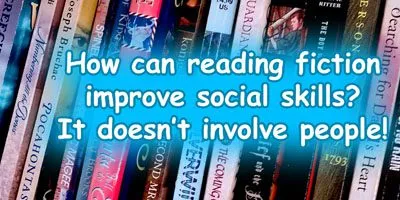Power of Popularity in Decisions
Posted on26 Aug 2013
Tagscognitive dissonance, decisions, emotions, facts, Influence, leadership, marketing, Massachusetts Institute of Technology, positioning, Princeton University, problem solving, The Economist, University of Chicago, University of Toronto, rational herding, Kory Kroft, Fabian Lange, Matthew Notowidigdo, McGill University, Matthew Salganik, Duncan Watts, Microsoft Research, Abhijit Banerjee, hiring
Comments1
Popularity influences our decisions to the point that we often subjugate our desires to what is popular. It’s a form of peer... Read More
How Reading Fiction Improves Social Skills And More
Posted on24 May 2012
TagsMaja Djikic, business planning, Chris Moore, computer simulations, Dalhousie University, emotions, empathy, experience, fiction, introspection, Jennifer Tackett, Jordan Peterson, Keith Oatley, busines, military, Personality, planning, problem solving, Raymond Mar, Sara Zoeterman, Scientific American, social skills, University of Toronto, what-if scenarios, York University
Comments4
Most see book worms as socially inept. They use fiction as escape. Yet, studies show that reading fiction improves social skills. This... Read More
Fear of Loss Versus Joy of Gain in Variable Compensation
Posted on19 May 2010
Tagsjoy, application, approaches, cognition, communication, compensation, emotions, fear, gain, intuition, John List, loss, money, objective, subjective, Tanjim Hossain, The Economist, University of Chicago, University of Toronto
Comments1
Since intuition is rooted in emotions and thus subjective, intuitive approaches allow us to see a single, objective situation as many. We... Read More



